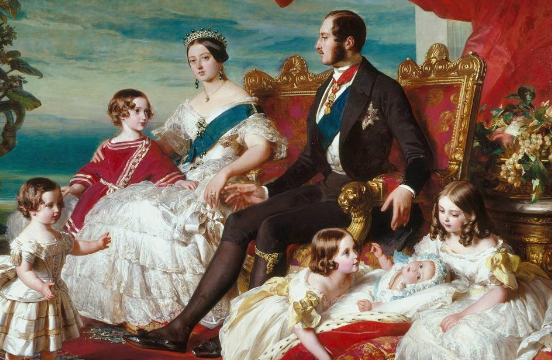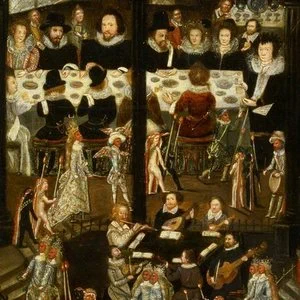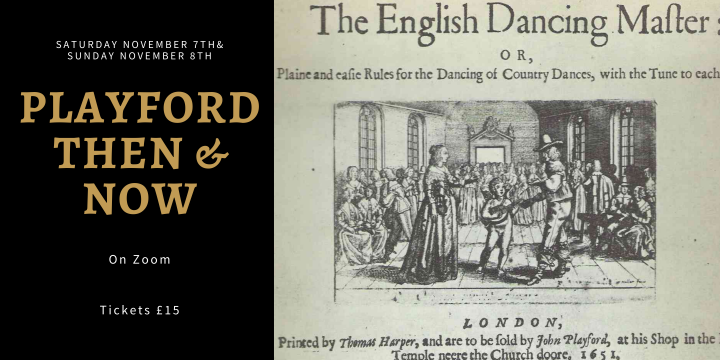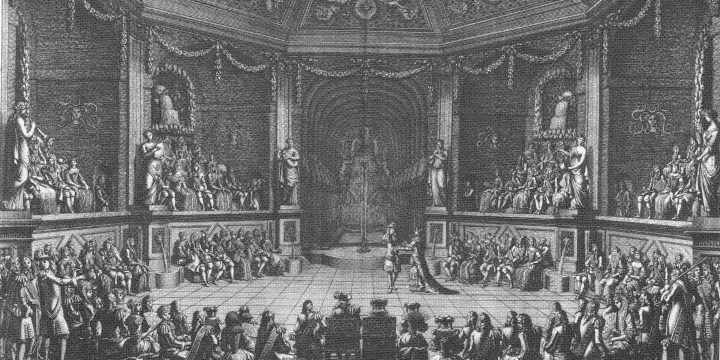
New Book and CDs: Dances for Queen Victoria
Dances for Queen Victoria presents a collection of dances that were taught to Queen Victoria’s children by Edinburgh dancing master Joseph Lowe, accompanied with new recordings of the music and new essays that shed light on the collection’s historical context and significance. Joseph Lowe, one of the leading dancing masters of Edinburgh, was employed twice a year as dancing master to Queen Victoria’s children at Balmoral and Windsor. Lowe’s published dances thus set the standard for glamorous Victorian ballroom accomplishments. This edition provides further guidance and notes on each dance; additional dance instructions where needed; vocabularies of steps, figures and formations; illustrations and diagrams; and a full facsimile of the original publication from a copy in the National Library of Scotland – making it the definitive resource for dancers and researchers…



